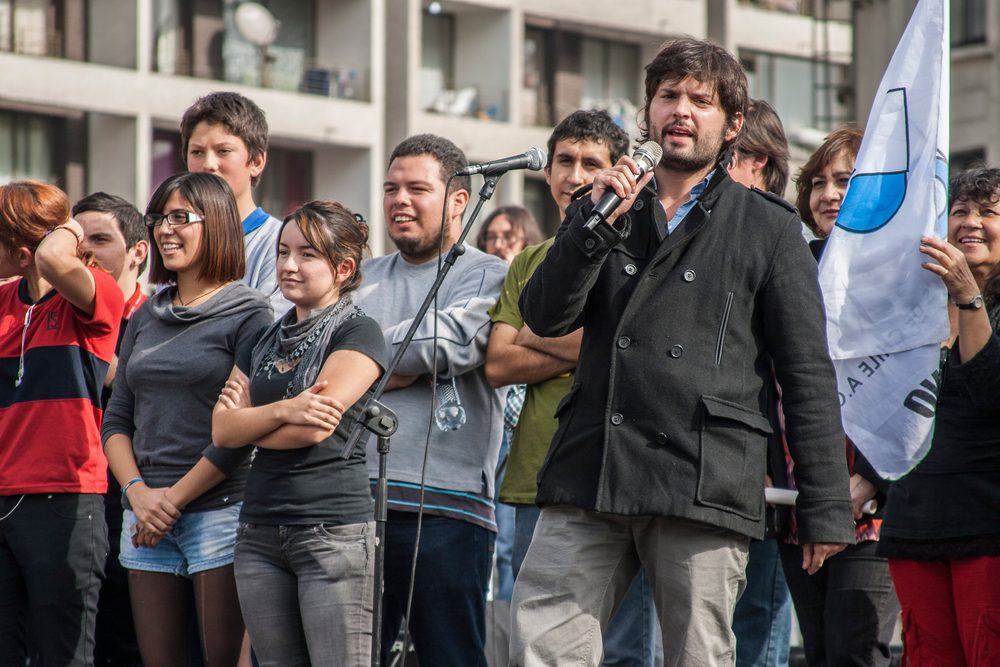
Chile is poised to undergo a referendum to decide whether the government’s new, proposed constitution will be adopted:
The electoral propaganda for the plebiscite to approve or reject a new constitution in Chile [has] officially begun … Two days after the constitutional assembly handed over the text [of the new constitution] to Chilean leftist President Gabriel Boric and closed its functions, the electoral authority gave the green light to political parties, independent legislators, and civil society organizations to register for the referendum campaign on the 4th of September. The televised electoral slot will air between August 5th and September 1st, the body that oversees the operation of television.
Apart from turning access to certain welfare programs and state functions into constitutional rights, President Gabriel Boric, his party, Apruebo Dignidad (AD) and their political allies are seeking
to remove “obstacles” that stand in the way of “efficient” legislation. These so-called obstacles include the bicameral system and super-majorities required to pass certain laws. They prefer a simple majority in one chamber.
The reforms also involve restructuring the constitutional court. In addition, “together with the reforms” to supposedly streamline “the legislative process,”
this package bears a striking resemblance to Venezuela’s in the early days of the Chavez presidency … [which] meant implementing a unicameral National Assembly where laws could pass on simple-majority votes. Once the new legislature was in place, Chavez and his party used it to expand the Venezuelan Supreme Court from 20 to 32 members. Thereby, Chavez essentially created a rubber-stamp institution for constitutionally validating his political agenda.
For now, it seems that a majority of Chileans would reject the new constitution:
55.7% of likely voters in the next plebiscite on the new Chilean constitution would vote against the text agreed upon by the Constitutional Convention, while 44.3% would vote in favor, according to a Pulso Ciudadano study published by the Chilean radio station Radio Bío Bío.
Still, it remains to be seen how the campaigns will unfold on the road to what will be a nation-defining referendum.
